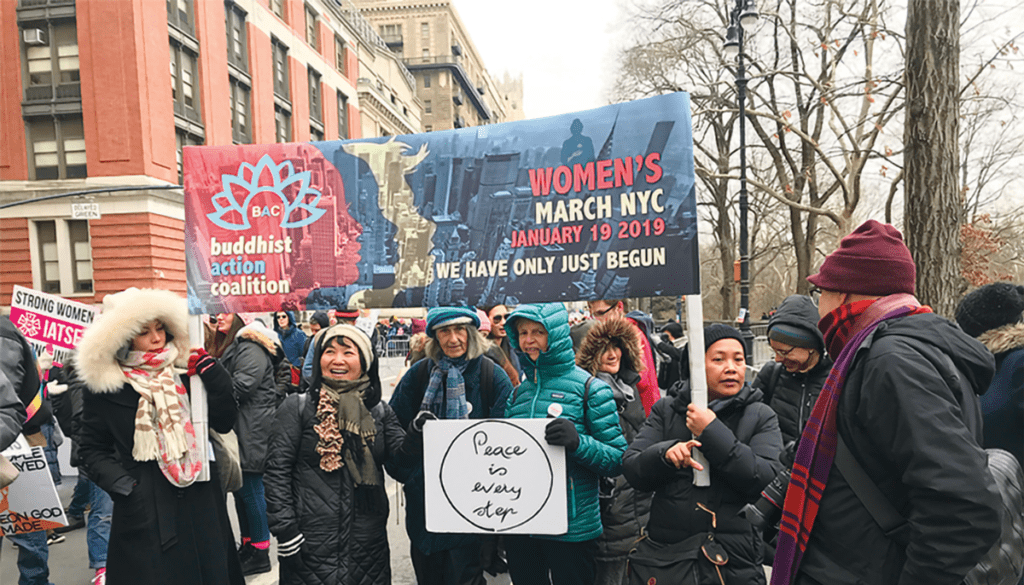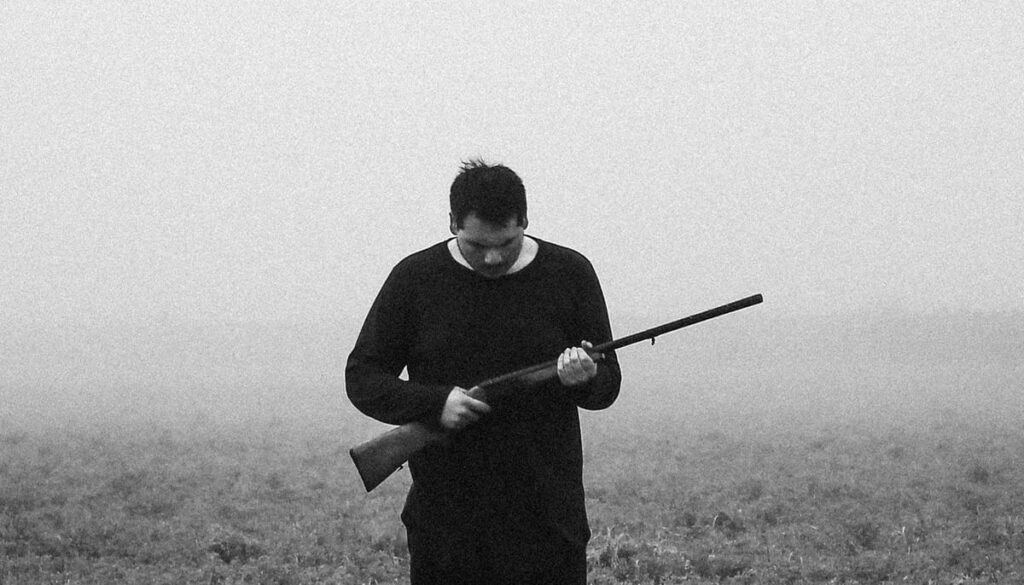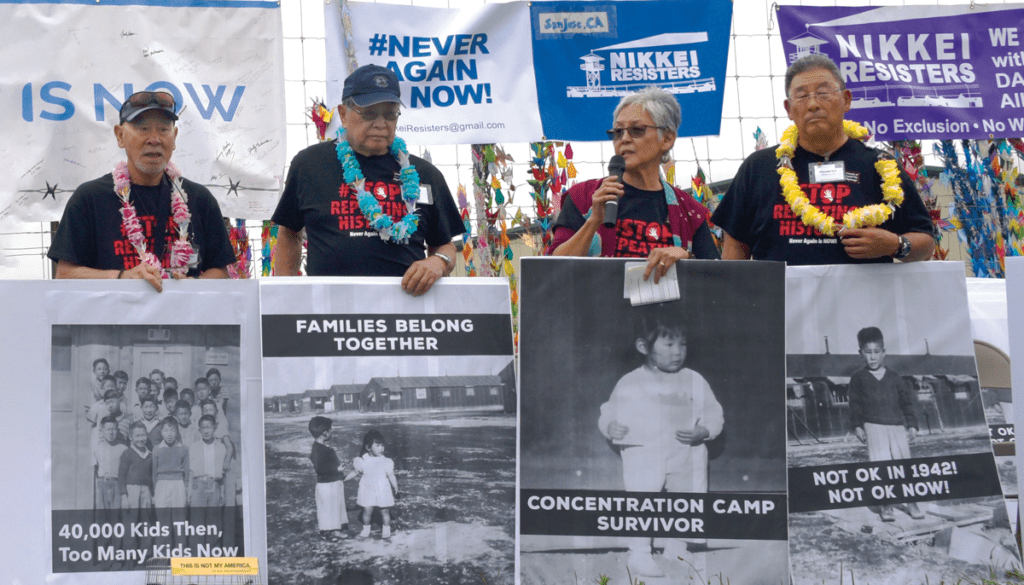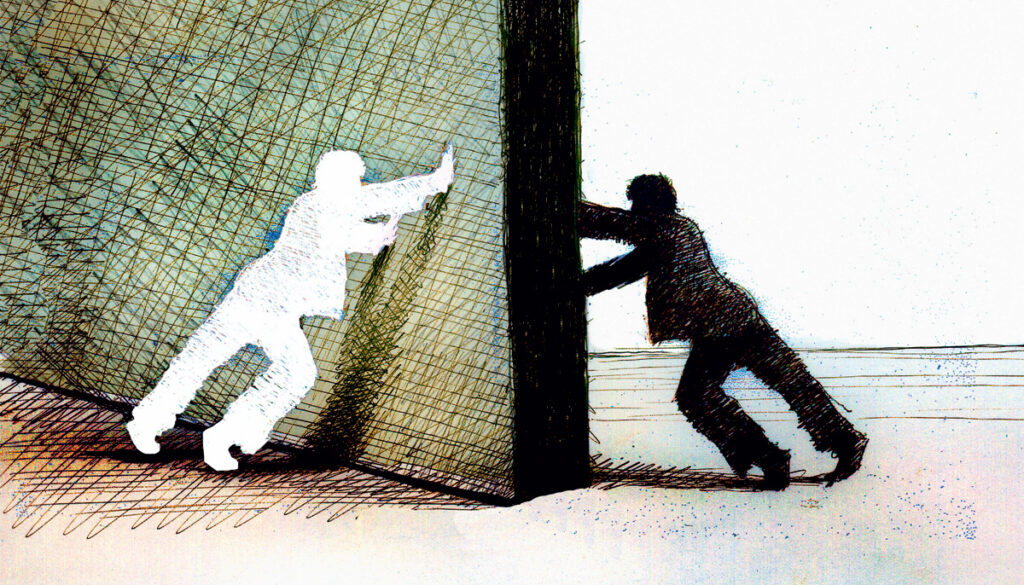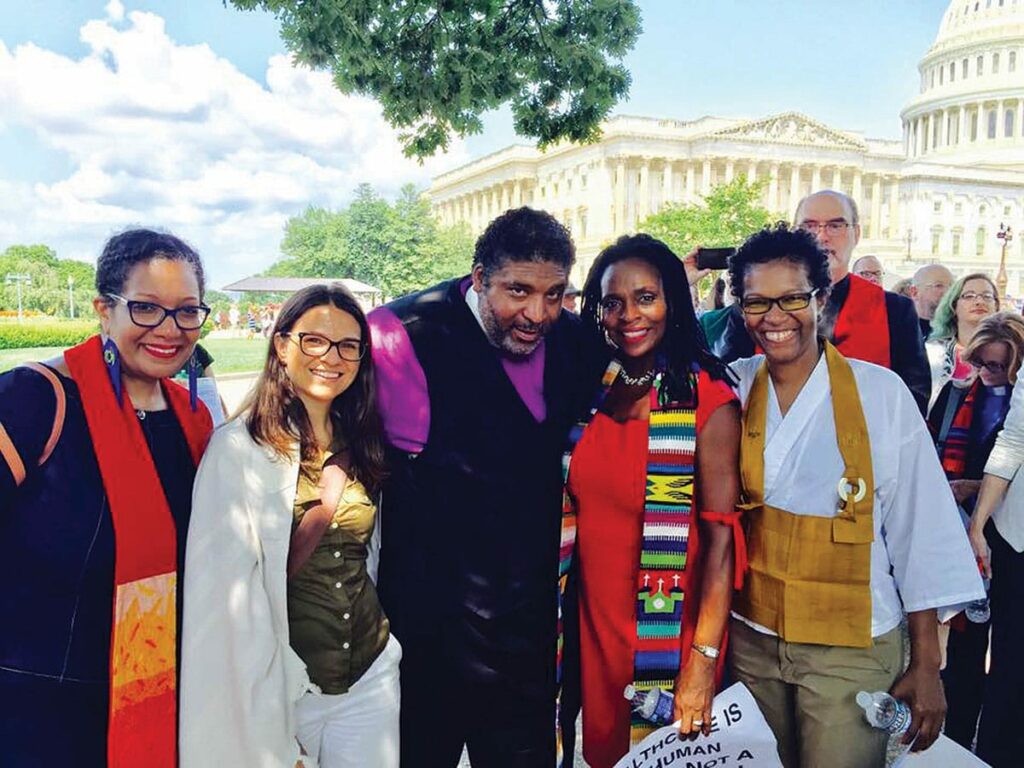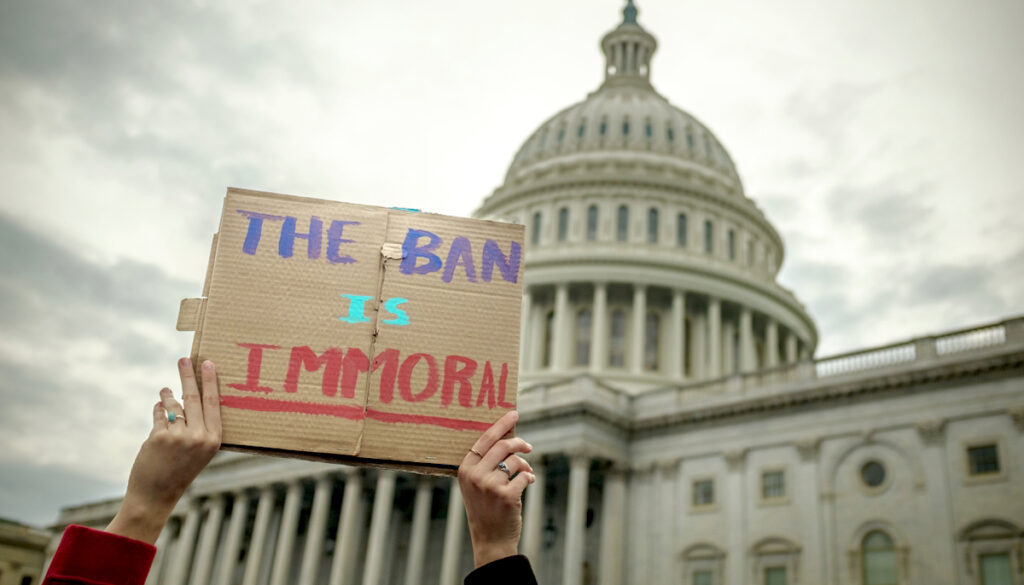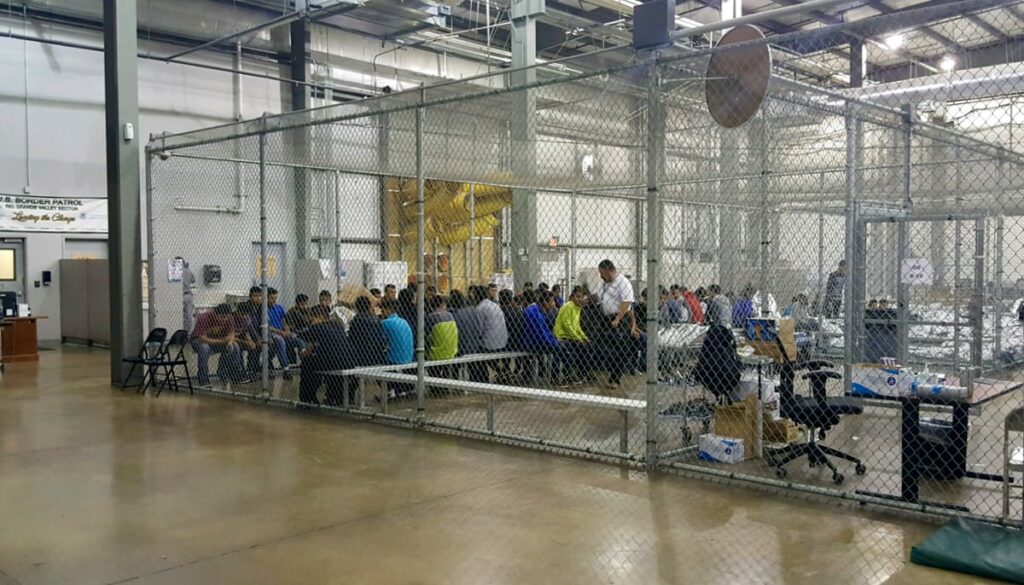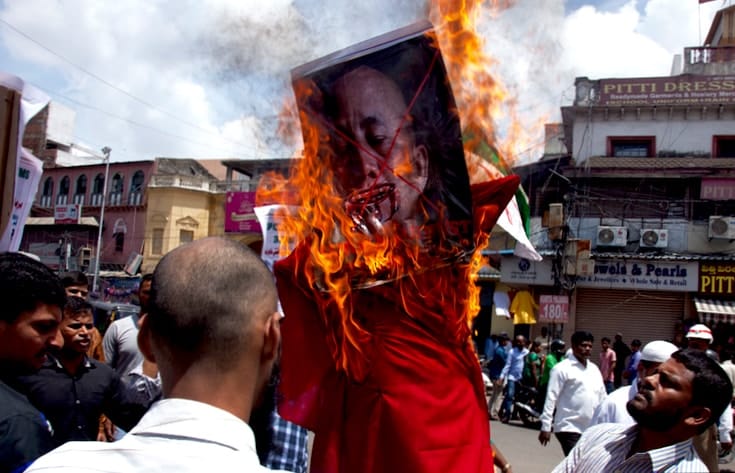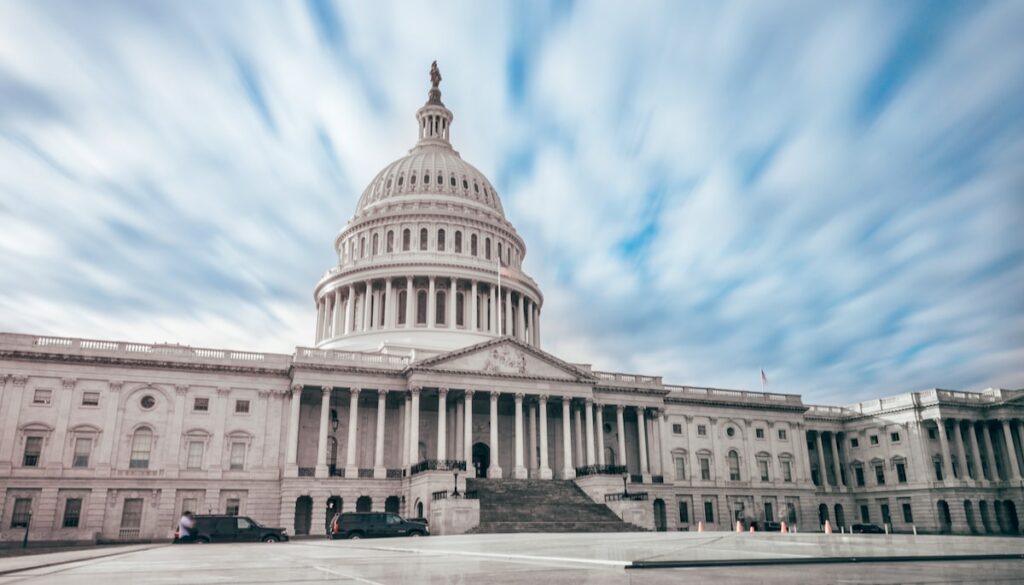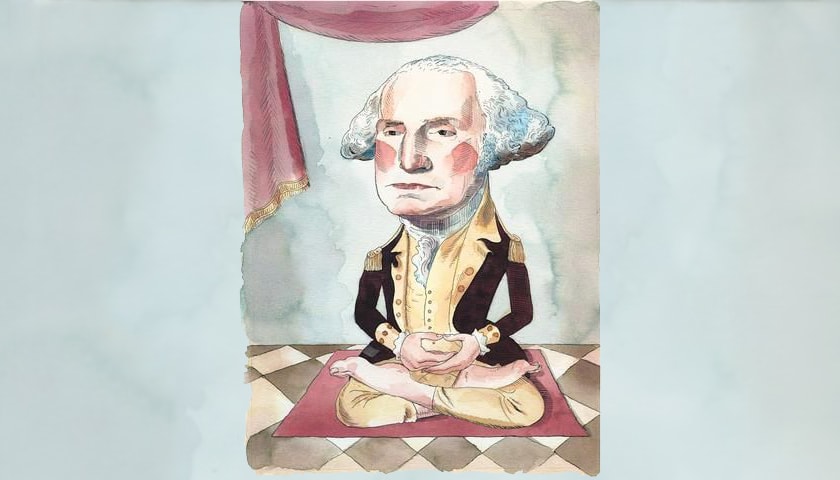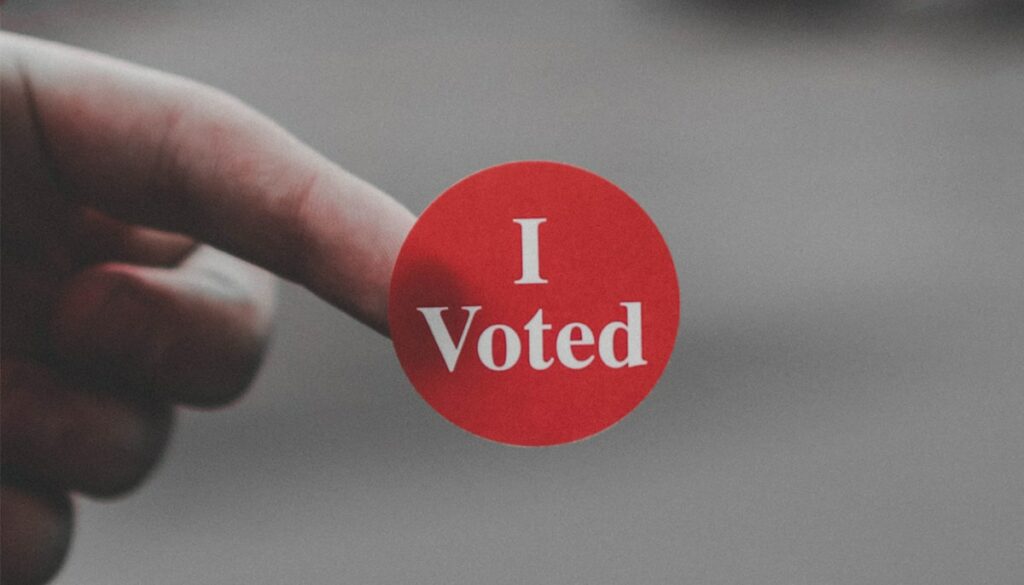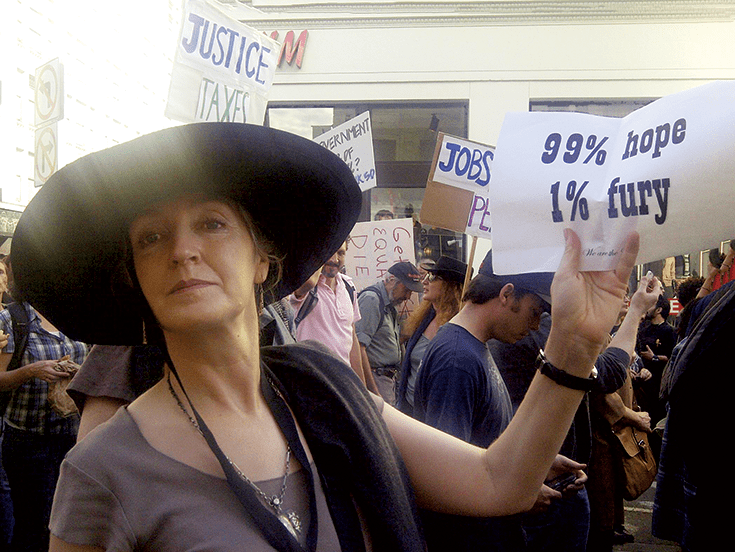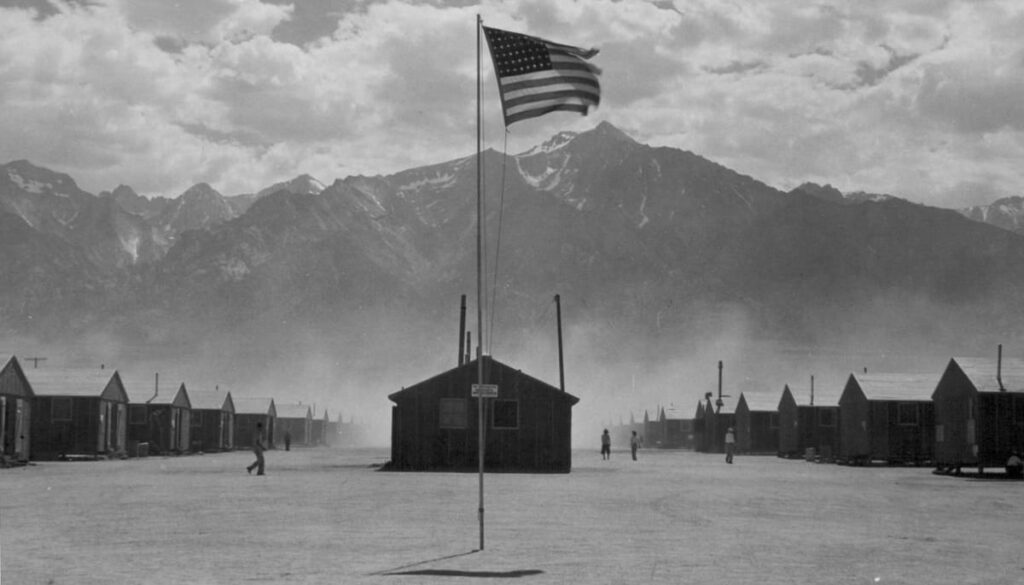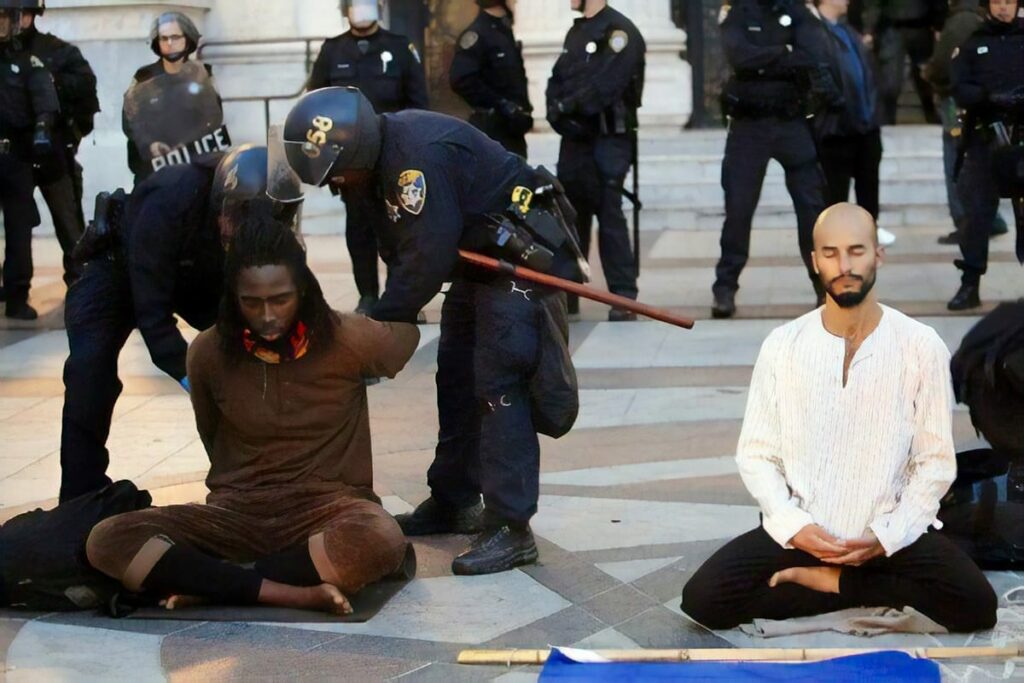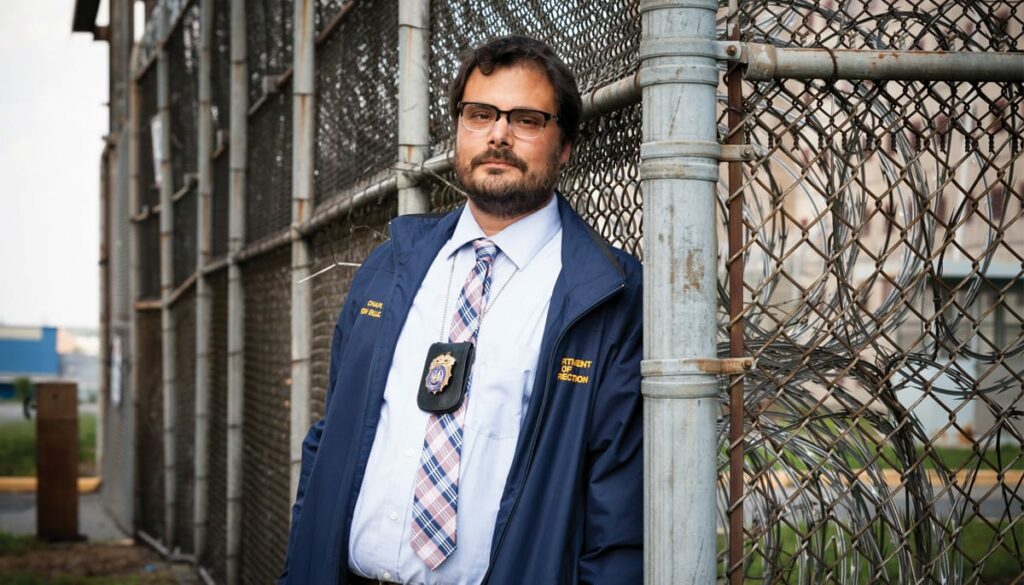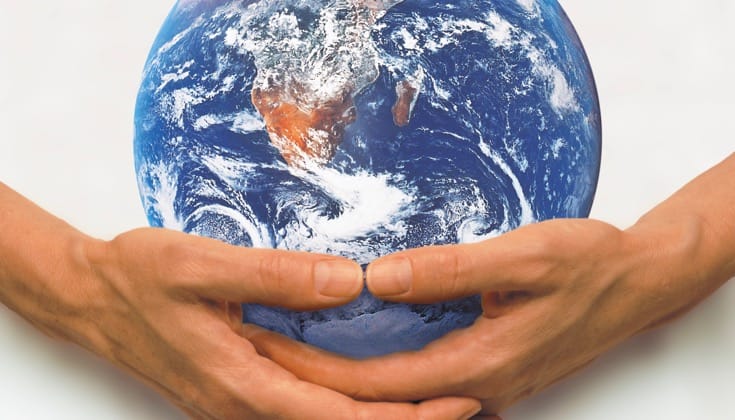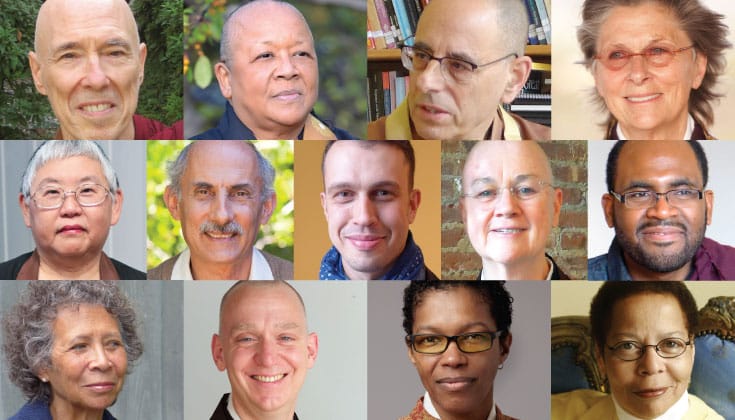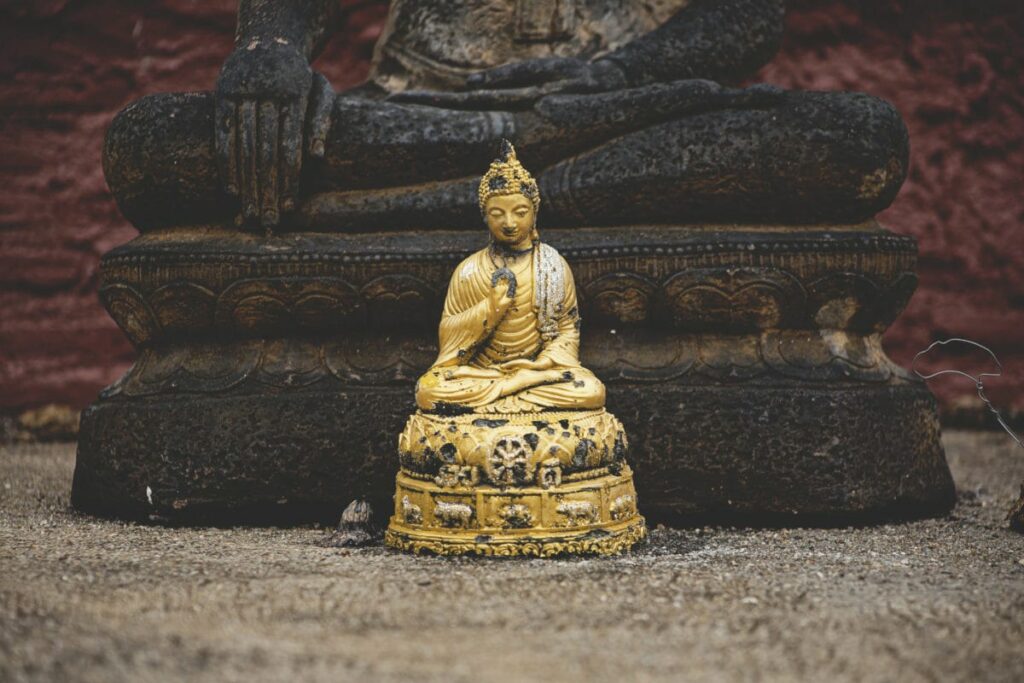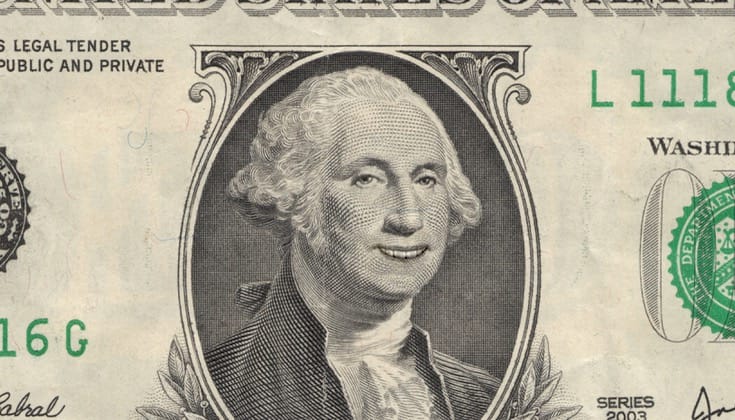Category: Politics
Confessions of a Marxist Buddhist
For a long time, Dorotea Mendoza hid her Marxism from her fellow Buddhists and her Buddhism from her activist comrades. Finally, as the dialecticians say, she resolved the contradiction.
Why We Go for the Gun
Greg Snyder on how to reclaim the grace and humanity that our access to guns has led us to squander.
We Will Come Back for You
Not so long ago their own families were held in camps like these. That’s why Japanese American Buddhists like Satsuki Ina will keep coming back until the tragedy on America’s southern border ends.
Will We Open the Door or Close It?
There’s a powerful force for change in America, says Christian leader Serene Jones, but powerful forces oppose it. It’s a battle that is as much spiritual as political.
The Radical Buddhism of Rev. angel Kyodo williams
I just want people to be liberated. John DeMont on the radical Buddhism of Rev. angel Kyodo williams.
Commentary: Centrism is Not a Middle Way
In a seemingly divided America, political "centrism" is gaining popularity. But, from a Buddhist perspective, Buddhist teacher Ethan Nichtern argues, centrism is actually a kind of extreme.
Commentary: Why I’m Not Attending Conferences in the USA
After the Muslim ban was instituted, Buddhist scholar and priest Jeff Wilson vowed to renounce his attendance at conferences in the USA. As a society, he says, it is imperative that we stop hiding behind borders.
What Happens When a Government Loses Its Compassion?
Without compassion, everyone is worse off. Zen teacher Roshi Joan Halifax comments on the Trump administration's family separation policy.
What’s the connection between Buddhism and ethnic cleansing in Myanmar?
How have Buddhists become implicated in one of the worst humanitarian crises in the world? Randy Rosenthal looks through history to understand how a religion of peace has become a justification for violence.
6 Buddhist Leaders Reflect on the US Midterms and What Comes Next
Six Buddhist teachers interpret the outcomes of Tuesday's election through the lens of Buddhist wisdom.
What Would Mindful Politics Look Like?
Lion's Roar editor-in-chief Melvin McLeod introduces "Mindful Politics," a collection of teachings and commentary speaking to our troubled times.
Buddhist leaders pen open letter encouraging Americans to vote
The letter urges Buddhists across America to "express your commitment and respect for the innate dignity and worth of all" by voting in the midterm elections on November 6.
Why Is Rebecca Solnit Hopeful?
Writer and activist Rebecca Solnit tells the truth about misogyny, injustice, and environmental destruction, along with the hope found in uncertainty.
Advice for Modern America, from When Buddhism Was Seen as a National Threat
For much of the 19th and 20th centuries, Buddhism was considered a threat to America. Hondo Lobley interviews scholar Duncan Williams about what we might want to remember from that time.
5 ways Buddhist communities can take part in social change
Like fish in water, it's easy for us to ignore the systems of injustice that surround us. Colin Beavan offers five tips to recognize injustice and swing into action.
A Buddhist Chaplain Disrupts Suffering in Rikers Island
Jennifer Keishin Armstrong profiles Justin von Bujdoss, the first-ever Buddhist chaplain in Rikers Island — America’s most notorious jail.
The Promise of Buddhist Economics
Economist Clair Brown argues for an economic system based on altruism, sustainability, and a meaningful life.
Stand Against Suffering: A Call to Action by Buddhist Teachers
Thirteen leading Buddhist teachers call on Buddhists and all people of faith to take a stand against policies of the new administration.
Buddhism’s Call to Action
Jack Kornfield on the importance of contributing to activism with Buddhist practice and wisdom.
How “Buddhist Economics” Can Make Us Happier
Clair Brown argues for an economy that brings out the best in people, not the most self-centered and shortsighted.
